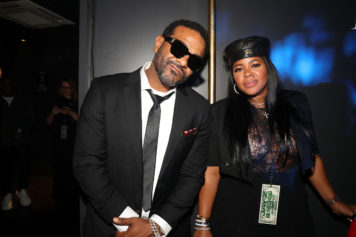Many people seem to get themselves into unhappy romantic situations in life because they try to force-fit their relationships into ready-made templates they’re carrying around in their heads — often stored away at an unconscious level. These romantic templates — or relationship models, if you prefer — are scripted scenarios that define the ways they and their partners are supposed to interact, and they include rules of conduct that they seek to impose.
Some relationships crash out because the two participants are carrying around highly disparate models of how the “ideal relationship” should work. They may become so preoccupied with enforcing their own preferred models that conflict, tension, and ego-competition push aside romantic attraction and healthy mutuality.
An individual who’s emotionally or socially immature might be so hooked on a particular romantic scenario — or model — as to misperceive, minimize, or disregard the needs and interests of the partner. Such a person might crash one potential relationship after another because they haven’t learned to deal with their own neediness, jealousy, and self-centeredness. “Serial marriers,” for example, very typically tend to repeat history.
Over and over, in working with people who are in a state of relational distress, I see seven main versions of these romantic templates coming into play. By understanding which, if any, of these primary templates an individual might be trying to impose, we can sometimes help them look for more mature and creative alternatives.
The Seven Main Romantic Models
The Gravity model. This construct seems to involve a sudden and unexpected loss of self-control, and descent into an emotional pit: “She fell madly in love with him.” The song lyrics say, “When I fall in love, it will be forever — or I’ll never fall in love.” In a restaurant, I overheard a young woman telling her friends why she couldn’t end an increasingly toxic relationship. “You can’t help who you love,” she proclaimed. Success in romance, it seems, depends on whether you “fall” for the right person or the wrong person.
The Destiny model. “We’re soul mates. We were made for each other.” This construct seems to hold that there’s a cosmic matching service, and that each of us has already been assigned the perfect mate. All we have to do is be in the right bar on the right evening — or in the supermarket…
Read more: Dr. Karl Albrecht, Psychology Today


